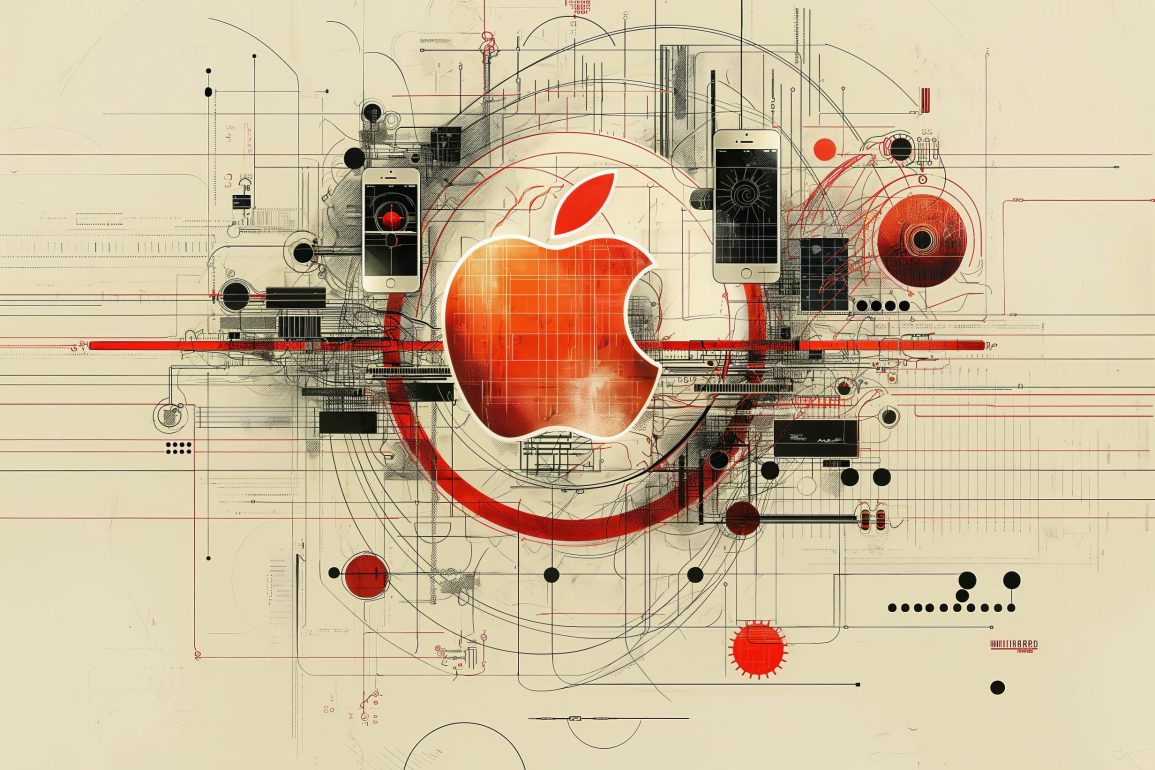AI Capabilities to Arrive After Initial iOS 18 and iPadOS 18 Release
Apple has postponed the rollout of its new artificial intelligence capabilities, now scheduled to be introduced following the initial release of iOS 18 and iPadOS 18, anticipated in September, Bloomberg reports.
According to sources familiar with the matter, the tech giant plans to make these AI features available to developers for early testing through iOS 18.1 and iPadOS 18.1 betas as early as the last week of July 2024.
The decision to delay the AI features, initially expected to be part of the new operating systems announced at the Worldwide Developers Conference in June, is to allow more time for bug fixes. This approach is unusual for Apple, which typically does not preview follow-up updates before the public release of the new software generation.
Concerns over the stability of the new Apple Intelligence features partly prompted the delay. Apple aims to ensure a smooth consumer release and requires developer support to address potential issues.
The fourth beta of iOS 18.0 was released to developers last week, with the goal of completing development by the end of July. This timing is critical as new iPhones, typically launched in September, come with the latest software pre-installed.
The AI features, known as Apple Intelligence, include improved notification prioritization, summarization tools for web pages and voice notes, writing aids, an updated Siri, and integration with OpenAI’s ChatGPT. However, even after the release of iOS 18.1 and iPadOS 18.1, some Siri updates will be absent, with the full set of features expected to be rolled out in multiple updates through the end of 2024 and into the first half of 2025.
Apple Intelligence will also extend to Mac computers with Apple chips as part of macOS Sequoia and is in development for the Vision Pro, although its release is scheduled for later.
Implications and Importance of Apple’s AI Delay
Apple’s delay in launching its new AI features reflects the company’s cautious approach to ensuring stability and user satisfaction. By postponing the release, Apple aims to iron out any potential issues, which could lead to a more polished and reliable experience for consumers. This delay allows developers to test the features thoroughly and provide feedback, which is crucial for a smooth rollout.
In the rapidly evolving field of generative AI, Apple’s investment in Apple Intelligence is a strategic move to stay competitive. Limiting support to recent and upcoming iPhone models, like the iPhone 15 Pro and the forthcoming iPhone 16 line, Apple hopes the new features will drive sales, especially since the iPhone 16 models will have minimal design changes.
For users, this means access to enhanced functionalities such as better notification management, more efficient summarization tools, and a smarter Siri, which could significantly improve the user experience. The integration with OpenAI’s ChatGPT also suggests more advanced and interactive AI capabilities on Apple devices.
Overall, while the delay might be disappointing for some, it underscores Apple’s commitment to delivering high-quality, stable software. This approach is likely to benefit users in the long run, ensuring that the new AI features are robust and effective when they finally become available.









